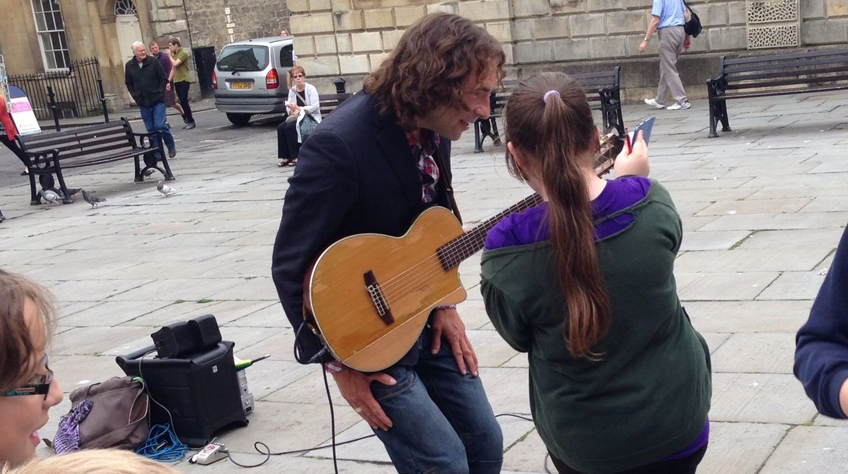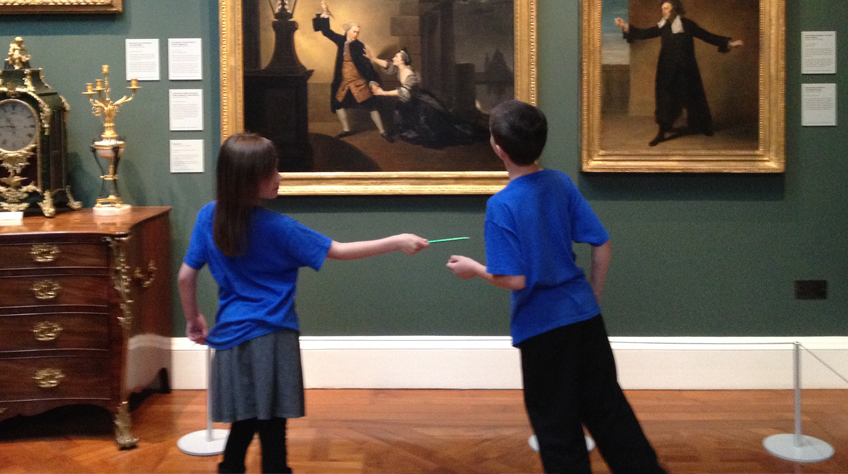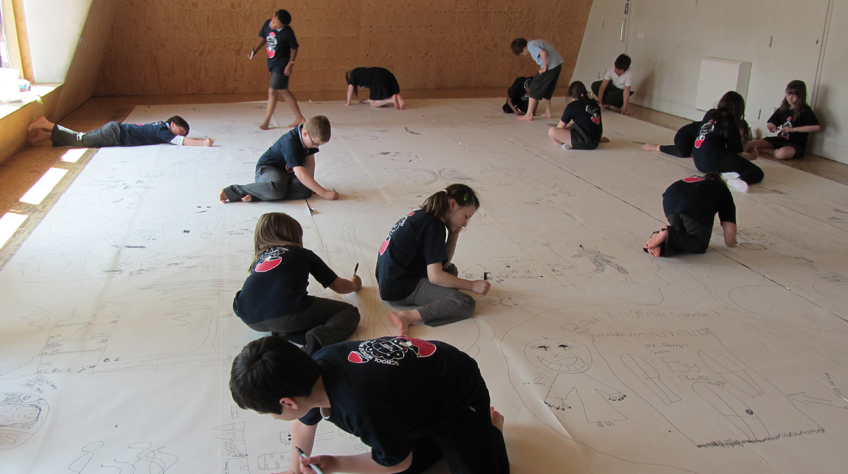The school without walls way
The School Without Walls ethos embodies a child centred approach, with its educational philosophy and methodology firmly rooted in the Reggio Emilia approach.
Each learning episode invariably starts with a provocation-an ‘experience’ or ‘encounter’ that is intended to stimulate curiosity, and trigger/motivate a desire to enquiry. This is sometimes a carefully constructed planned ‘activity’ with specific resources and instructions. Other times it is an accidental stumbling upon a street theatre performer or a beautiful happening from the natural world.

The children are invited to respond to the provocation or inspiration using 100 Languages. This term, created by Loris Maliguzzi in her poem The 100 Languages of Children, refers to the virtually infinite numbers of ways that children can express, explore, and connect their thoughts, feelings and imaginings.
The adults and educators working with the children in School Without Walls are viewed as ‘co-enquirers’ in their learning. The use of open questioning is important in this process so that outcomes never become prescribed or options closed down with the notion of a ‘right answer’. Adults are encouraged to notice as much as possible in what the children do and say. A mentor is present much of the time in the SWW process who is a step outside the action, watching, listening, noticing and asking questions. This person is key to the process as their documentation and overarching viewpoint are of great importance when it comes to the reflecting on what has taken place and where the line of enquiry should go next.

The Creative Reflective Cycle
During each residency all the adults involved met for weekly reflection sessions to share their thoughts, observations and ideas. The 5×5×5=creativity mentors were key to the process of the creative reflective cycle by identifying and highlighting the emerging threads and themes occurring from everyone’s reflections on the week. The core group of educators and artists were then able to plan in a separate session how they would move forward in response to the key themes the children were expressing interest in.

A Toolkit For Lifelong Learning
Immersion in this way of working equips the children and adults involved with a toolkit to experience the world in an extraordinary way. By encouraging the act of noticing and being present in their learning, the children have time and space to cultivate their inherent inquisitiveness which leads them to experiencing the world on a deeper level that we hope will last long into their lives.


